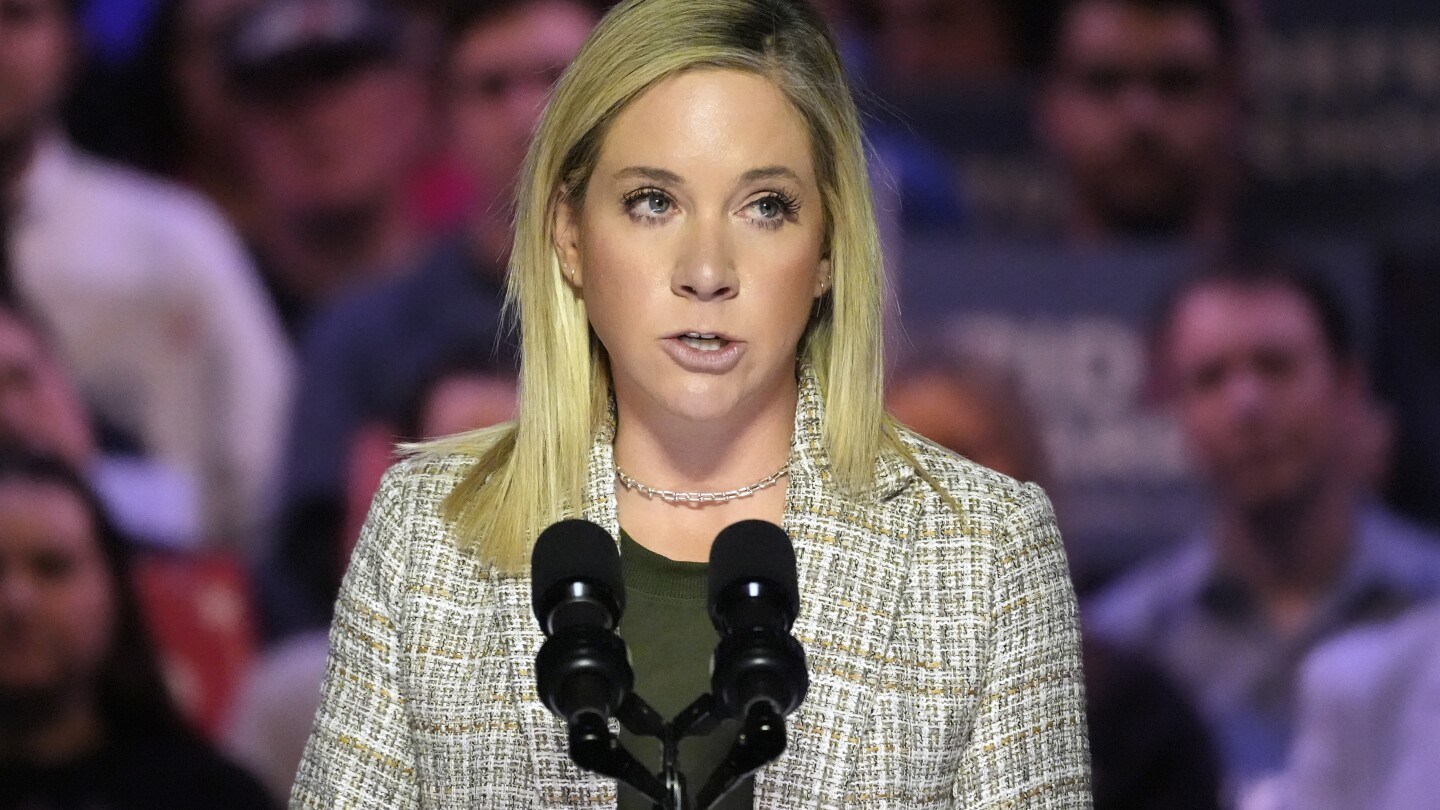- cross-posted to:
- usnews@lemy.lol
- cross-posted to:
- usnews@lemy.lol
The Texas Supreme Court on Friday rejected a closely watched challenge to the state’s restrictive abortion ban, ruling against a group of women who had serious pregnancy complications and became the first in the U.S. to testify in court about being denied abortions since Roe v. Wade was overturned.
In a unanimous ruling, the all-Republican court upheld the Texas law that opponents say is too vague when it comes to when medically necessary exceptions are allowed. The same issue was at the center of a separate lawsuit brought last year by Kate Cox, a mother of two from Dallas, who sought court permission to obtain an abortion after her fetus developed a fatal condition during a pregnancy that resulted in multiple trips to an emergency room.
Abortion rights activists have struggled to stem the tide of restrictions that have taken effect in most Republican-led states since the U.S. Supreme Court in 2022 overturned Roe vs Wade, which for nearly 50 years had affirmed the constitutional right to an abortion.
The court said the law’s exceptions, as written, are broad enough and that doctors would be misinterpreting the law if they declined to perform an abortion when the mother’s life is in danger.



This is not as clearly defined and narrow as you’re making it out to be. This can also include economic hardship.
It’s not as broad and across the board either. There’s nuance to everthing. I’m not suggesting it’s possible for everyone. My original question wasn’t to be taken literally. It was just exasperation and frustration over the situation